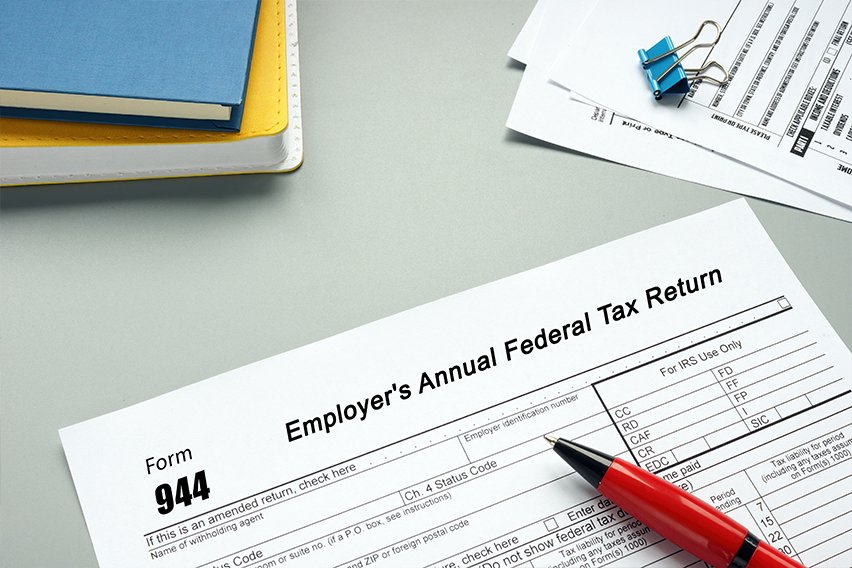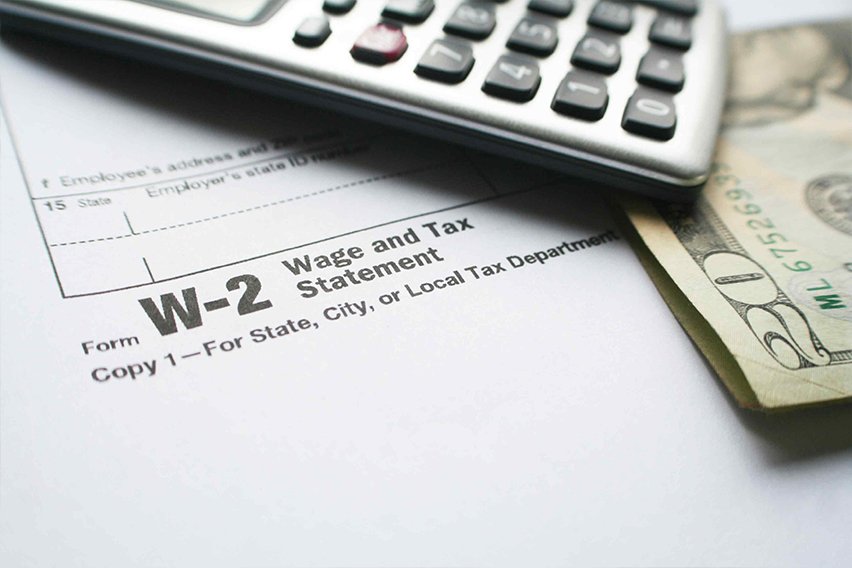What Is SUI (State Unemployment Insurance) Tax Rate?

Whether you’re an employee or employer, you’re likely aware of pre-tax and after tax deductions. These contributions affect the payroll process, including what employers owe in taxes and fees and how much net pay employees bring home.
Some tax obligations are the sole responsibility of an employer. This is the case with State Unemployment Insurance (SUI). Unemployment insurance is both a federal and state mandate to support individuals who lose their jobs and are actively seeking work.
Keep reading to learn more about what SUI is and how it may affect your business payroll and finance processes.
Here’s What We’ll Cover:
What is State Unemployment Insurance?
Who Pays for State Unemployment Insurance?
How to Calculate the SUI Tax Rate
State vs. Federal Unemployment Tax
What is State Unemployment Insurance?
State Unemployment Insurance, also referred to as SUI or the “unemployment benefit tax” is a program that offers short-term benefits to those who have recently lost employment due to layoffs or other job-related causes.
SUI covers individuals who have lost employment through no fault of their own. Legally, this means that SUI is not available to those who have been fired or who have willingly quit for personal reasons.

Who Pays for State Unemployment Insurance?
SUI involves tax rules at both the federal and state level. Employers are required to fund the program by paying unemployment taxes. In most states, this burden is on the employer and not on the employee, no matter how much they work.
Unemployment Tax Rate by State
The employer rate for SUI changes by state. Specific state tax rates can be located through the United States Department of Labor. On the State UI Tax Information and Assistance page, business owners can locate a state-level contact for addressing SUI concerns.
The SUI tax rate is also variable by year, and employers must ensure that they have the most current information. Tax rates and wage base information can change annually.
Most SUI rates range from 0.5% to 4.1%, although some go up to 11% depending on the state and length of time the employer has been in business.
How to Calculate the SUI Tax Rate
If you are an employer, calculating SUI is simple. First, you’ll need to know the wage base in your state. The taxable wage base is the maximum amount of a single employee’s pay that is eligible for taxation in a particular year.
Once you have this wage number, multiply by your state’s SUI tax rate for the year in question. Additionally, you may be asked to verify the number of former employees who have claimed unemployment benefits since leaving the company.
There are only three states in which employees pay the SUI tax rate. These states are:
- Pennsylvania
- Alaska
- New Jersey
Factors that Influence SUI Tax Rate
In terms of unemployment benefits to employees, most programs are a combined effort between state and federal offices. This means that certain factors are at play and can change the tax rate that employers must pay. These factors include:
- Changes in legislation that amend or adjust the yearly state tax rate
- The number of unemployment claims that are filed
- The Unemployment Insurance Integrity Act of 2011, which mandates communication and response from employers
Additionally, new employers are usually given a “new employer” rate that may be slightly different from the rate for established businesses.

State vs. Federal Unemployment Tax
The Federal Unemployment Tax Act (FUTA) is the legislation that mandates the payment of unemployment insurance taxes to the federal government. This bill requires employers to pay into the federal unemployment system at a rate of about 6% of the first $7,000 in compensation per employee.
Federal unemployment taxes are different from the SUI tax rate, which is usually set by the labor and governing bodies of each individual state. Employers should be aware of both tax obligations and make timely payments to each government agency.
Conclusion
When it comes to SUI, the facts and obligations are most important for employers and small business owners. If you own a business or manage payroll processes, you must stay aware of your federal and state tax obligations. Not only is this an ethical business choice, but compliance protects you from unwanted fees and litigation.
As an employee or someone who receives pay from a business, it’s helpful to know which benefits are available to you should your employment situation unexpectedly change. While you don’t need to take action on SUI, knowing what takes place behind the scenes can provide peace of mind.
More Small Business Resources
- What is a Pre-Tax Deduction? A Simple Guide to Payroll Deductions for Small Business
- How to Calculate Payroll Taxes: Taxes and Percentages
- What is a FICA Tax? Understanding Payroll Tax Requirements
RELATED ARTICLES

 Small Business Tax Forms: The Complete List
Small Business Tax Forms: The Complete List What is Form 940?
What is Form 940? What Is a 944 Form?
What Is a 944 Form? 7 Best Sales Tax Software For 2025
7 Best Sales Tax Software For 2025 Does Overpaid Tax Get Refunded Automatically?
Does Overpaid Tax Get Refunded Automatically? Form W-2 Box 1: A Complete Guide
Form W-2 Box 1: A Complete Guide